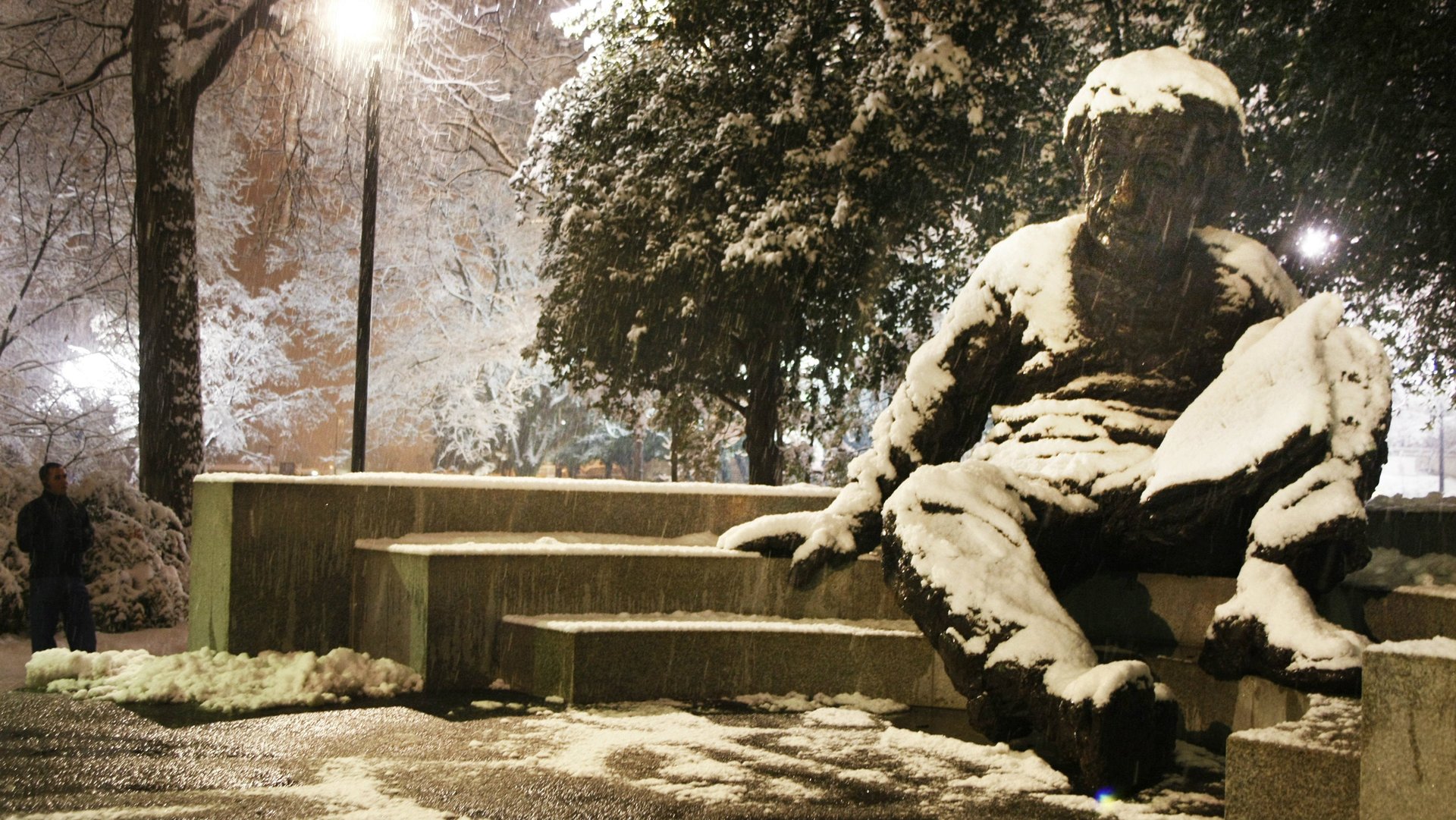Einstein called racism a “disease of white people.” His diaries show that he had the disease
Albert Einstein is not just revered as the scientist behind the theory of relativity but also as a humanitarian icon. However, excerpts of the physicist’s private diaries, which detail his travels around Spain, Palestine, Japan, China, and Singapore in the early 1920s, will significantly diminish his stature as the latter.


Albert Einstein is not just revered as the scientist behind the theory of relativity but also as a humanitarian icon. However, excerpts of the physicist’s private diaries, which detail his travels around Spain, Palestine, Japan, China, and Singapore in the early 1920s, will significantly diminish his stature as the latter.
The Nobel Prize winner and civil rights advocate is remembered for his stance against discrimination, both in his native Germany and in the United States. In a speech at Lincoln University in 1946—the first US institution to grant degrees to African-Americans—he famously stated that racism was a “disease of white people.”
And yet, The Travel Diaries of Albert Einstein reveal that his impressions of people he met were, in fact, racist. The journals—which were reportedly not intended for public consumption—have been translated from German and published by Princeton University Press, which the publisher says is “the first time Einstein’s travel diary will be made available to anyone who isn’t a serious Einstein scholar.”
Quotes from the volume make for unsettling reading. He describes “industrious, filthy, obtuse people” he met on his travels, and is particularly racist towards the Chinese, writing that “it would be a pity if these Chinese supplant all other races. For the likes of us the mere thought is unspeakably dreary.”
The senior editor of the published diaries, Ze’ev Rosenkranz, told the Guardian that Einstein’s observations, in no uncertain terms, underpin many of the racist ideas about the inferiority of races that persist today.
“Einstein’s diary entries on the biological origin of the alleged intellectual inferiority of the Japanese, Chinese, and Indians are definitely not understated and can be viewed as racist—in these instances, other people are portrayed as being biologically inferior, a clear hallmark of racism. The disquieting comment that the Chinese may ‘supplant all other races’ is also most revealing in this regard.”